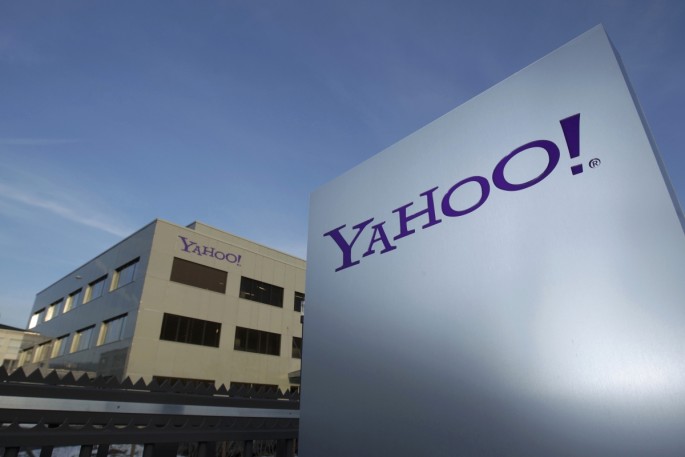Yahoo is withdrawing its remaining operations in China, the company announced on Wednesday, a move that is expected to lay off up to 300 employees.
A Yahoo spokesman said that the company informed its employees in Beijing of the closure on Wednesday. The Beijing office, Yahoo's only physical presence in mainland China, was composed mainly of engineers and served as a research and development center.
"We are constantly making changes to realign resources and to foster better collaboration and innovation across our business," Yahoo said in a statement. "We will be consolidating certain functions into fewer offices, including to our headquarters in Sunnyvale, California."
Yahoo did not disclose the number of employees affected by the shutdown, although a source privy to the matter told several media outlets that the office employed 200 to 300 people. As of the end of 2014, Yahoo had 12,500 employees worldwide, meaning that 2 percent of its global workforce has been affected by the recent closure.
The layoffs are the latest in a series of cost-cutting measures by CEO Marissa Mayer, who is under pressure to reduce expenses after activist investor Starboard Value urged her last year to cut spending by at least $500 million. The company has already laid off about 600 jobs since October, mostly at offices in India and Canada.
Yahoo has had a rocky history in China, a country where U.S. tech companies have struggled with government censorship and stiff competition from domestic rivals.
In 2007, the company settled a lawsuit with the families of two journalists who accused the Web portal of providing information to the Chinese government that led to 10-year prison sentences. Lawmakers and human rights activists criticized Yahoo, which denied responsibility, saying it simply complied with Chinese law.
The shutdown also comes about a month after Beijing imposed new rules that would require foreign tech companies to hand over source code, submit to audits, and create deliberate backdoors into both hardware and software products. The new guidelines, due to go into effect this month, were criticized by the White House as a "major barrier" to trade and an open market.



























